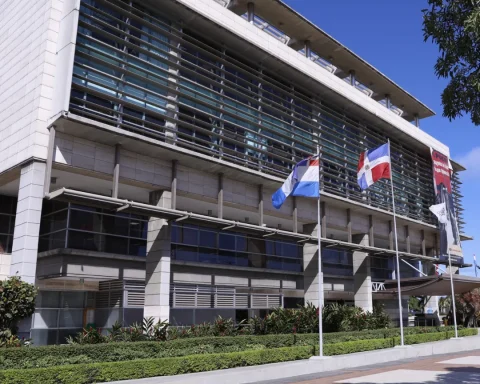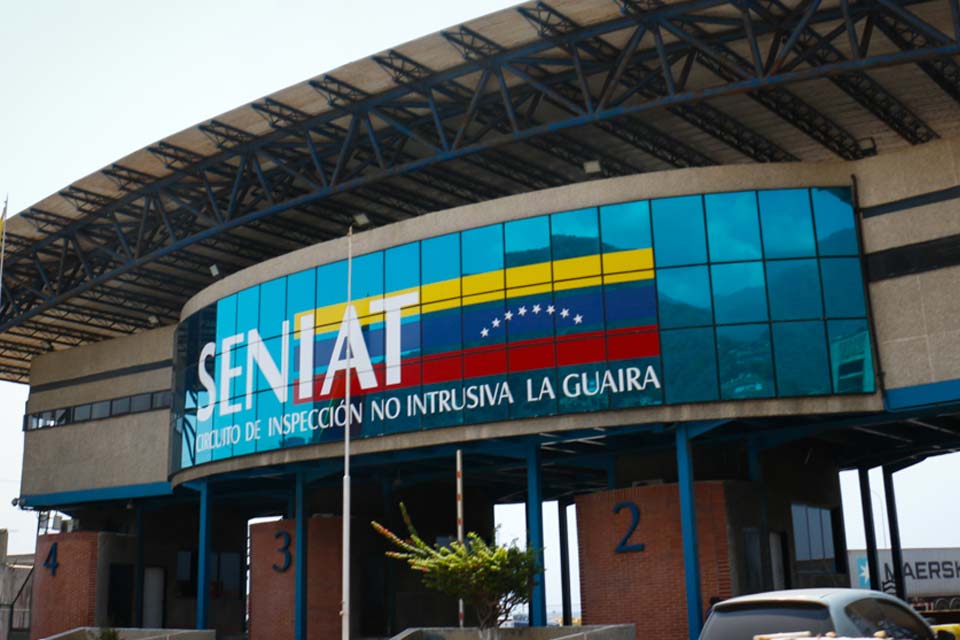The proliferation of companies that use technology to improve or automate processes and financial services It constitutes a challenge for the actors that are part of the Dominican payments ecosystem. Despite recognizing the role of fintechexperts consider it necessary to regulate them so that there is fair competition.
“It is true that the applications came to solve a problem in the service chain,” said Luis Bencosme, executive president of the Dominican Card Consortium (License). However, he assured that its tax-free functions aggravate the dynamics of the payment ecosystem, generating unfair competition.
The executive was part of the panel “Infrastructure of the payment ecosystem and evolution of the card industry”, within the framework of the XXII Latin American Congress of Financial Technology and Innovation (CLAB) 2022held from November 27 to 29 of this year in Santo Domingo.
Bencosme asserted that a positive culture for the country is being fostered with the digitization of trade and the inclusion of mechanisms to expand payment systems under the inclusion of new actors that boost the local economy.
He raised that the 95% of the Payments that are done through companies fintech They are not processed in the country. “One of the observations we made about the regulation that recognizes new financial players was what would be done with foreign companies that process their payments outside the country,” he said.
business inspection
Digitizing payments is a process of “penalty” for the company that offers the service, so in the country a greater participation of the government is needed to be able to encourage companies to digitize their payment systems, considered Eugene Rault Grullón, general manager of the company Servicio Digitales Popular, S.A. (Blue).
He specified that in other economies the tax issue, since it is a tax burden that small companies cannot bear and it puts pressure on the production costs of large companies. “Making the funds transparent is good for the State because of the economic income it generates,” he said.
1- Adapt to the trends that are imposed with the inclusion of new players in the payment system
2- Efficiency: how to make a payment service provider efficient to survive in the face of the binomial of costs and expenses
3- Prioritize the client with the focus of value proposals to create useful products for each segment
4- The issue of tax regulations harms the development of payment companies
5- Retention of human resources with strategies that guarantee the permanence of qualified personnel
6- How to maintain your reputation in the face of the increase in cybercrime and false news
In this regard, Rault explained that large companies that pay their transaction taxes to the State cannot register as clients a businessman who is not registered in the General Directorate of Internal Taxes (DGII), since they play a role as tax withholding agents.
With the rise of Payments digitalbeing withholding agents is a barrier for companies that develop payment systems, which is why it expresses its concern so that the collecting entity considers encouraging companies and improving the digitalization process that the country’s productive entities are committed to.
Progress in the region
The second panel of CLAB 2022 on payment ecosystems had the participation of the general manager of the network services for digital payments Visa in the Dominican Republic, Sofía Antor, who made an assessment of the regulations applied at the regional level for the financial digitization process.
Antor reported that the authorities of countries in the region have made an “extraordinary effort” to guarantee a safe frame and flexible in the inclusion of new players in the payment systems.
“With all the rise of digital payments we are seeing a growing inclusion of payment and technology startups, generating renewed interest from regulators at the regional level,” he said.
He appreciated the fact that the new regulatory frameworks already include the fintech within the participants of the payment ecosystem, because they serve a specific segment of the population that, for the most part, were neglected and require specific products by area and population segment.
“Our region is innovative and we expect New applications that collaborate to improve the economies, so that they are more resilient and inclusive”, he said.
The Visa representative also commented that these regulations reinforce the foundation that will be required for a economy totally digital in which less cash is needed, with secure mechanisms at the service infrastructure level for the user and companies.
___
*Read the regulation of payment system from the Dominican Republic

















